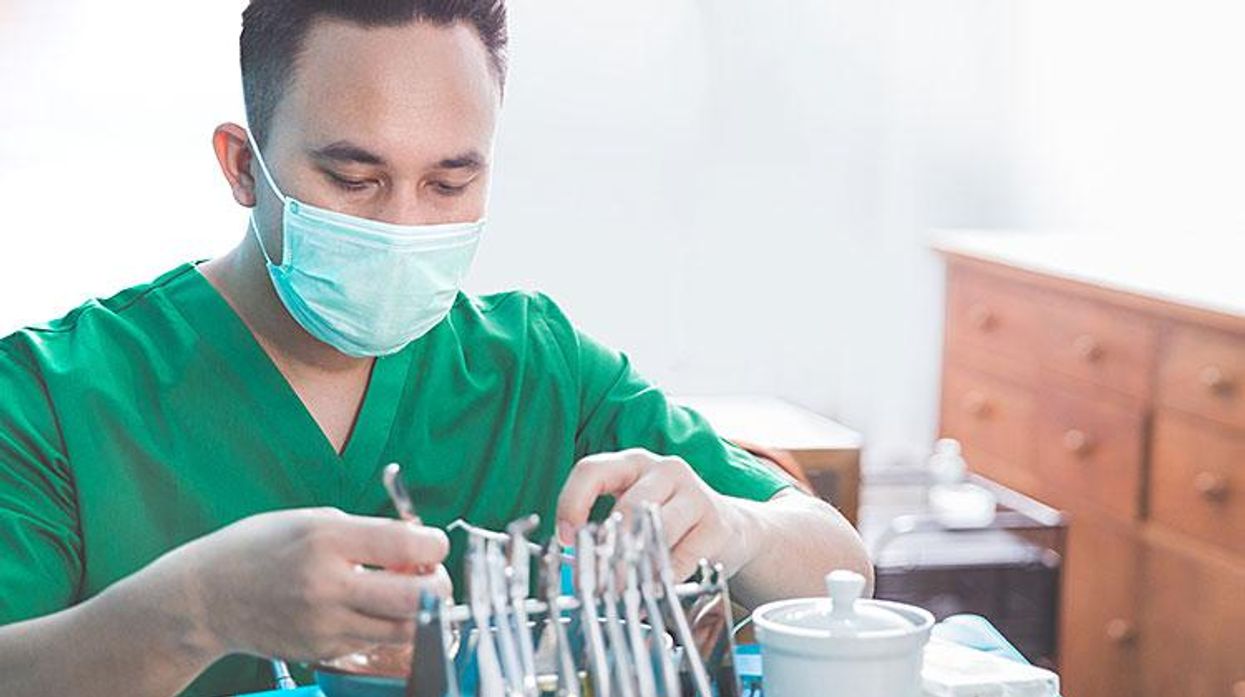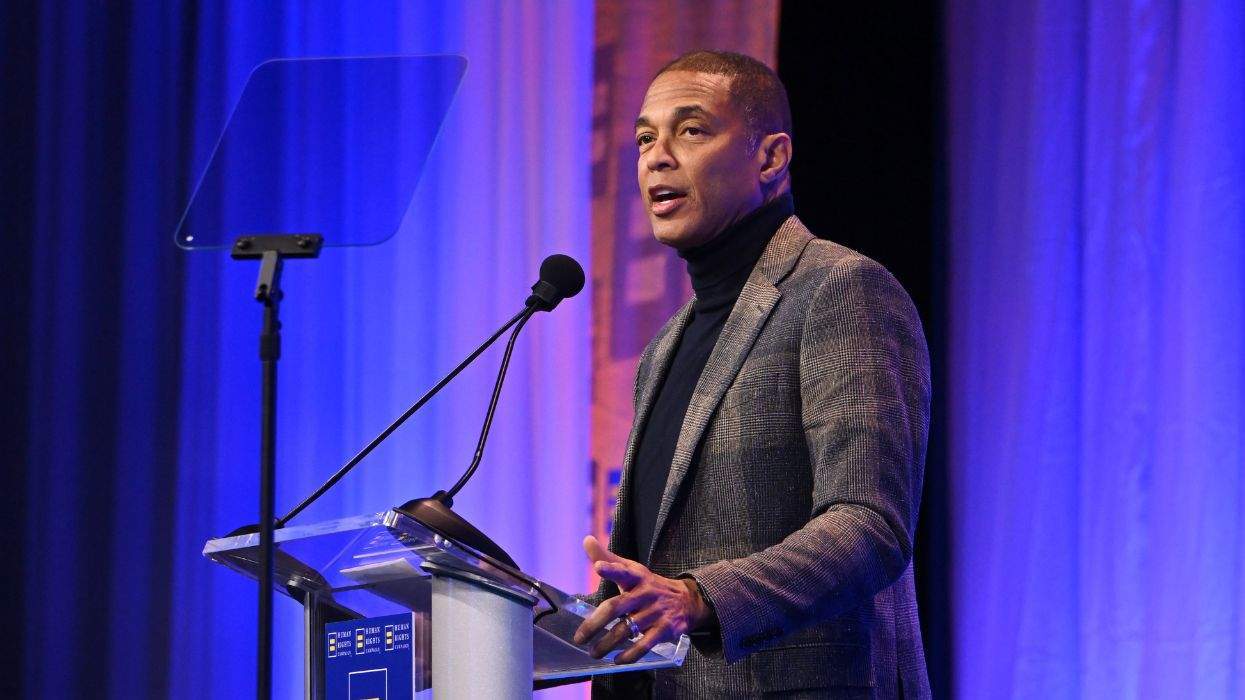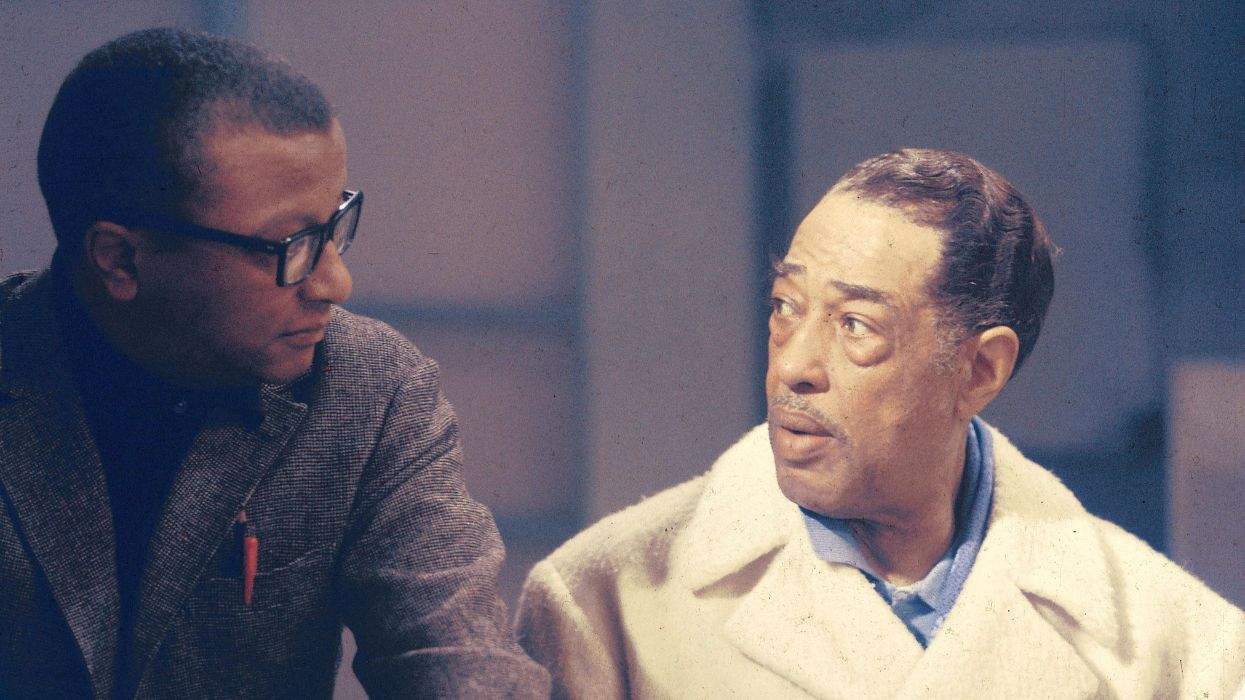When I was diagnosed with HIV, it took me years to find a good doctor. Every morning was a struggle to maintain some sense of normalcy, since my medications made me sick. Within weeks of starting my new job, I threw up on the floor of my cubicle. When I explained my medication side effects to my doctor, I received an unconcerned brush-off, a reminder that this is what it meant to be living with HIV. It wasn't until I was working at the National Association of State and Territorial AIDS Directors that I realized having HIV didn't mean I actually had to be sick -- that the virus was controllable and that there is a whole world of better medications and care for me out there.
It's hard to say what the problem is, and as a gay black man, I realize there are a lot of factors that could have made finding a good doctor so hard. Research shows that doctors and medical providers often treat black patients differently. For instance, the Perception Institute found that doctors don't treat pain in black patients as aggressively; they allow higher levels of pain before they begin treatment.
I also know many medical professionals aren't completely comfortable with my sexuality. That discomfort breeds distrust -- and many LGBTQ friends of mine now seek out explicitly inclusive care so they can discuss their sexual health needs more frankly and without judgment.
And finally, I know a lot of doctors just don't know how to prevent or treat HIV. In fact, a recent study shockingly showed that just one in three doctors even know about pre-exposure prophylaxis, or PrEP, the daily administration of a drug to prevent HIV-negative people from acquiring the virus from their sexual partners. We are talking about a lifesaving measure, and two-thirds of doctors don't know it exists.
Even with all these factors, the Center for Disease Control and Prevention estimates on HIV rates in my community should shock you. The CDC estimates that one in two gay black men will acquire HIV in our lifetime. These rates continue to increase even as the general public believes HIV is over.
To be clear, the problem here isn't high-risk behavior. Black gay men aren't engaging in any riskier behavior than our white counterparts. Our rates of drug use and number of sex partners are both on par with those of our peers. But one place where there is a huge disparity is access to quality health care. The fact is that among black gay men with HIV, viral loads are higher because so many people aren't getting the care they need.
We hear a lot about bias in policing these days, and the truth is implicit bias isn't specific to the police. It's something we all have because we all grew up around the similar stereotypes in culture, in movies, and from our communities.
On the whole, medical professionals don't want to treat patients poorly -- but until now, there haven't been tools to help them be better. That's where NASTAD and our new project, His Health, come in.
This month, we are rolling out a first-of-its-kind educational platform to help medical professionals unlearn implicit bias and provide better and more culturally competent care to LGBTQ patients -- with the goal of elevating the standard of care for black gay men.
We have accredited online courses available in PrEP, trans health care, linking patients to care, and comprehensive health care. All courses include video trainings and walk-through scenarios with real-life black gay men as patients and doctors helping lead the way to better care.
To inspire better care, we also spotlight some of the best programs in the nation at HisHealth.org with short video documentaries.
We are in the midst of a crisis in health care right now -- but there is a path forward. As we continue our sustained fight against HIV, let's start to make better access to high-quality, culturally competent health care for black gay men one of our highest priorities.
TERRANCE MOORE is deputy executive director for the National Alliance of State and Territorial AIDS Directors. He manages member technical assistance activities and policy development, and oversees the organization's domestic programs portfolio, including health care access, HIV prevention, hepatitis. and health equity.















Charlie Kirk DID say stoning gay people was the 'perfect law' — and these other heinous quotes
These are some of his worst comments about LGBTQ+ people made by Charlie Kirk.